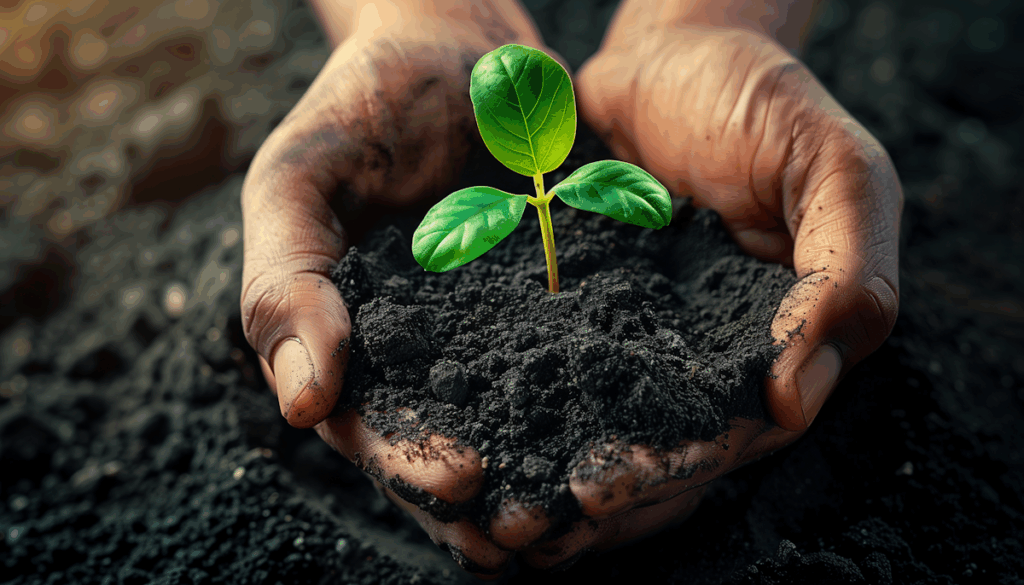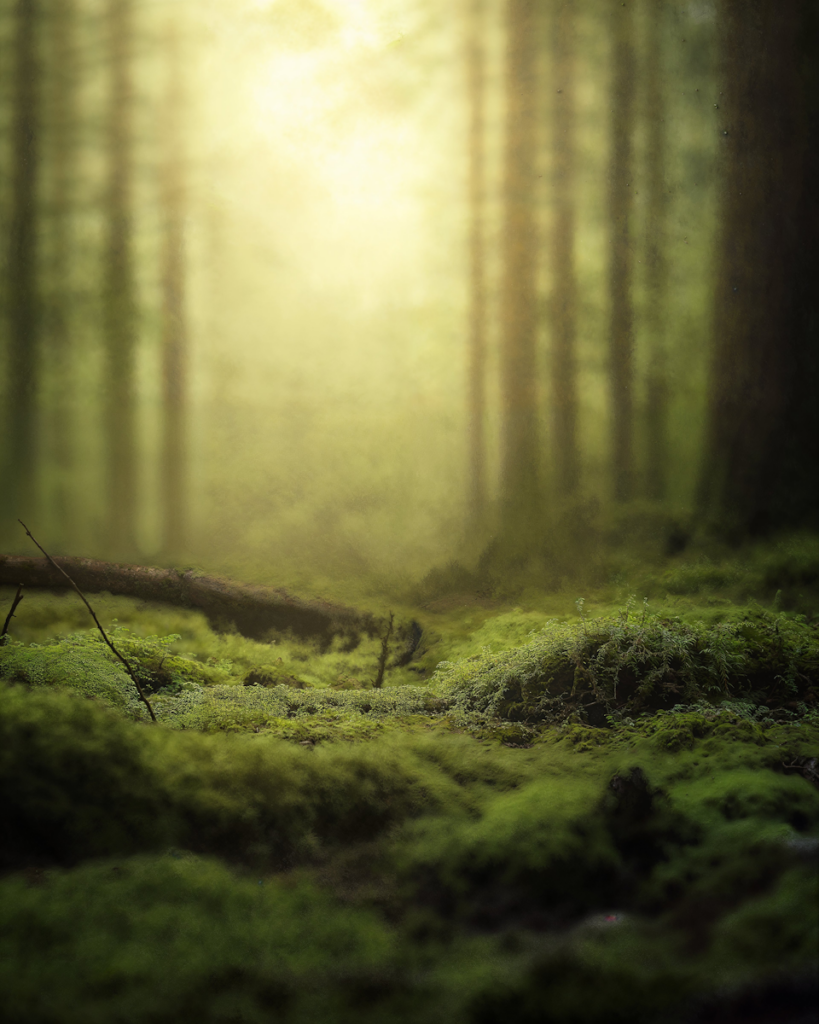To remember is to return — to walk again over ground already trodden, but this time with eyes open. Wendell Berry reminds us that “the past is our definition,” not to trap us, but to root us. In remembering, we find ourselves not as scattered moments but as part of a living landscape — one shaped by love, labour, and grace.
We remember our families — those who formed us by quiet example, whose words or laughter still echo in the corners of our hearts. Some have gone before us, yet their presence abides in the way we live and love. Their faithfulness has tilled the soil in which our own lives grow.
We remember too those who gave the greatest sacrifice in service of others — in war, in care, in courage. Their remembering calls us to gratitude, and to the costly work of peace.
Scripture tells of God who is with us — Not a God who fixes from afar, but one who accompanies us. “Even though I walk through the valley of the shadow of death, I will fear no evil, for you are with me,” says the psalmist (Psalm 23:4). And in Christ, that promise becomes flesh: “And remember, I am with you always, to the end of the age” (Matthew 28:20).
To remember, then, is to see how God has been with us through every season — in loss as in abundance, in silence as in song.
Here at Rydal Hall, as autumn turns the valley to gold, the land itself becomes a teacher. The falling leaves remind us that remembering is not nostalgia but hope — the trust that what has been given, even in death, becomes life again.








